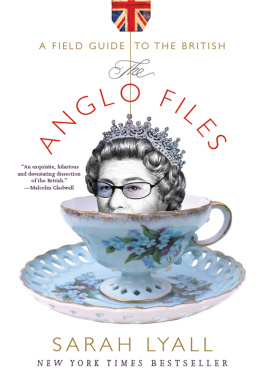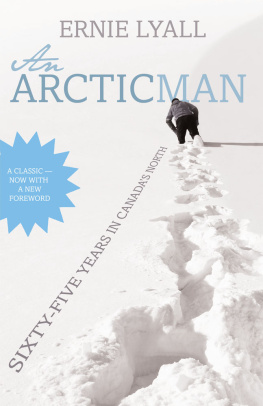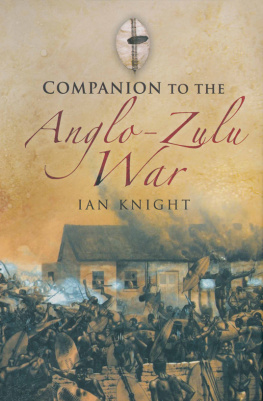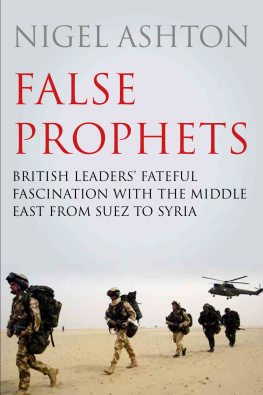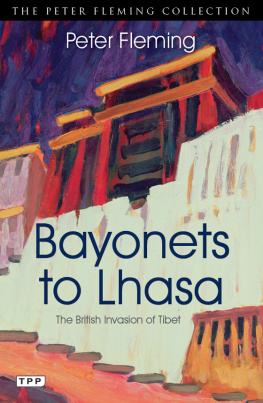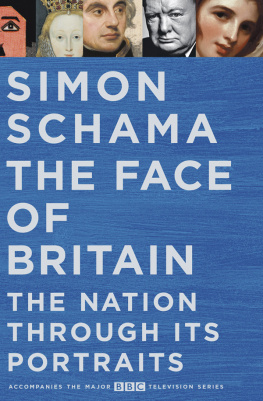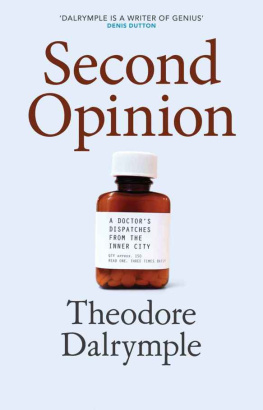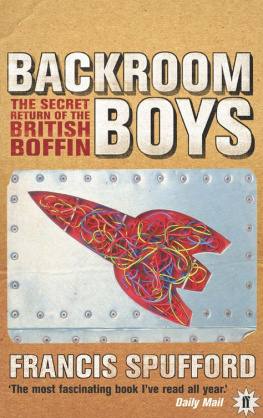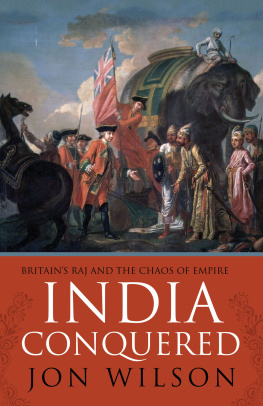W.W. NORTON & COMPANY INC.
For information about permission to reproduce selections from this book, write to Permissions, W. W. Norton & Company, Inc., 500 Fifth Avenue, New York, NY 10110
Lyall, Sarah.
The Anglo files: a field guide to the British/Sarah Lyall.1st ed.
p. cm.
Includes bibliographical references.
1. Great BritainSocial life and customs21st century.
2. AmericansEnglandHistory21st century. I. Title.
W. W. Norton & Company, Inc.
500 Fifth Avenue, New York, N.Y. 10110
www.wwnorton.com
W. W. Norton & Company Ltd.
Castle House, 75/76 Wells Street, London W1T 3QT
INTRODUCTION
LUNCH WITH AN EARL
S oon after I moved to London I was invited, through some mutual friends, to have lunch with an earla real one, as opposed to someone like James Earl Jones or my Uncle Earl back home. I looked it up. Earls, it turns out, are better than viscounts, barons, and knights, but worse than marquesses or dukes, who themselves are not so good as monarchs. But in a world of title inflation and cheap celebrity, an earl is still an impressive thing to be.
The lives of many British aristocrats have been diminished by crippling taxes, exorbitant heating costs, and the inconvenient disappearance of the feudal system. Some old lords are rattling along in indigent splendor in crumbling castles; many have had to sell off their furniture, their paintings, and even their houses (they still get to keep their titles). But my host was not one of those. He was still rich, and he had made his massive estate work for him, attracting tens of thousands of visitors a year who paid to look around its most prominent feature, a 460-year-old mansion that rose like some unwieldy palace in the middle of the Wiltshire countryside. Its treasures included a room where George III slept before sending his troops off to quell (or at least that was the plan) the American Revolution; a room full of Chippendale bookcases; and a portrait of Rembrandts mother, by Rembrandt himself.
Due to the length of the corridors and the swarms of visitors and the army of guides and the labyrinth of rooms with their velvet ropes and their signs telling you Do Not Touch and This Way Please, it was hard to locate the inhabitants of the house, our hosts. But we finally found them, the earl and the countess and their small aristocratic children, reading the daily papers like any other family in an exquisite room the length of a football field, every inch of whose walls were adorned with ancestral portraits by such artists as the seventeenth-century court painter Anthony Van Dyck. We were going on a picnic. I thought: wicker baskets, smoked salmon, asparagus, strawberries, a babbling brook, weeping willows. I thought of the picnic scene in The Wind in the Willows .
But then we went out back, and I saw the car.
An ancient Jeep that was now a skeletal husk of its former self, it threatened to fall apart as we climbed aboard and folded ourselves in to what was left of the seats. Doors were missing. Hooks swung from the ceiling, festooned with scraps of animal carcasses and deceased-bird by-products matted with dried blood. Wellington boots jostled for floor space with decrepit gardening implements; insect carapaces; muddy, torn, country-pursuits magazines, and broken-off sections of farm machines. It smelled really bad, a noxious mixture of dead things, stale things, and oil.
The earl was driving; the countess piloted a second, equally clapped-out vehicle of indeterminate vintage. We jolted and lurched past hills covered in wildflowers, rolling meadows and vast fields of crops. It soon became clear that the earl owned all of it. Not just this part here but the part straight on to the horizon in all directions, too: literally everywhere the eye could see, fourteen thousand acres in all. It was that rare thing, a beautiful spring afternoon; the sun was shining, and we were bathed in warmth.
The Jeeps stopped, which was good, because I was pregnant and queasy from all the buffeting. With a world of lovely places to choose from, our host had selected as his preferred picnic spot a decrepit, semi-burned-down barn with most of one of the walls missing. The temperature seemed to fall thirty degrees, following the unwritten law that says that on warm days, old buildings in Britain are always freezing.
We sat on bales of hay, skirting the bird droppings, and listened to the earl discuss his latest quixotic scheme, investing in obscure British films, few of which had yet made it to the cinema. I helped unpack the food. Hot canned cream of tomato soup in a Thermos, poured into Styrofoam cups. Make-your-own sandwiches of processed supermarket ham on white, Wonder-style bread. A bottle of orange-flavored sugar water, known as orange squash, for the children. And some very nice wine for the grownups, which immediately rendered the food a nonissue, except for those of us who were not supposed to drink.
What did I learn about my newly adopted country? That assumptions were made to be unmade. That true aristocrats are perhaps the only people in Britain secure enough not to care how others view what they drive, wear, or eat. That some aspects of British life would likely remain forever beyond the grasp of my feeble colonial understanding. And that when invited to a picnic in the country, you should bring an extra sweater, and possibly also some extra food.
I had heard it a million times: Britain and America are two nations separated by a common language. But anyone who doubts the truth of it should-have been in Boston, Massachusetts, a few years ago, when my extremely English husband, Robert, tried to rent a car.
He telephoned Avis.
Hello, he said, sounding like Hugh Grant in Four Weddings and a Funeral . Id like to high-ah a cah.
Huh? said the Avis operator.
Id like to high-ah a cah.
What? she repeated. Robert immediately adopted a Prince Philip-addressing-the-peasants approach, which meant that he enunciated with exaggerated slowness and increasing volume, as if the operator were feeble or deaf, rather than just American.
Eventually he got her to understand that he had said hire, and that hire did not mean employ, but rent, and we got our car. Our vacation was saved. But multiply this little exchange by a million, imagine me as the ignorant peasant surrounded by people like my husband, and you will have an idea of what my early days in London were like.
I moved for love. In the early 1990s, I got a job covering the publishing industry for the New York Times , a big change from my earlier assignments at the paper, when I covered things like Long Island (major themes: garbage, traffic, and taxes) and state government (major theme: health insurance). The publishing beat meant that instead of eating my meals in a subterranean Albany cafeteria and spending the evenings listening to legislators bicker about the mysterious formulas used to determine the size of New York Citys mass-transit subsidy, I got to swank around at fancy Park Avenue publishing parties and talk to famous authors. I also got to take editors out to lunch at expensive restaurants and to go to the Frankfurt Book Fair, the worlds largest and most exciting banquet of books, held annually in Frankfurt, Germany.

